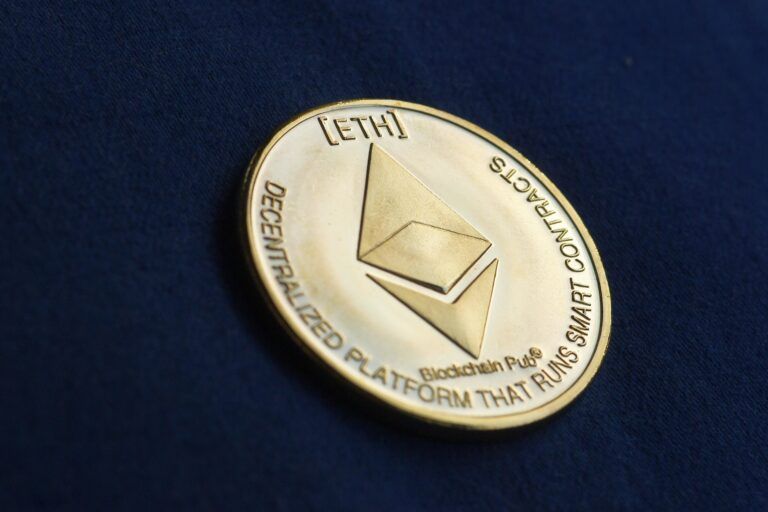In a blog post published on April 25, Joseph Lubin, co-founder of Ethereum, as well as Founder and CEO of Consensys, outlined his company’s motivations for initiating legal action against the U.S. Securities and Exchange Commission (SEC).
Consensys is a leading blockchain software technology company with a core focus on the Ethereum ecosystem. They develop a comprehensive suite of tools, products, and infrastructure designed to empower developers, businesses, and individuals harnessing the potential of Ethereum. Consider Consensys a pivotal player in constructing the foundation for the decentralized web.
Lubin’s discussion centered on Consensys’ commitment to ensuring widespread access to blockchain technologies, which he believes are crucial for reshaping various global systems such as economic, financial, and technological frameworks, ultimately contributing to a more equitable and innovative world.
Lubin explained that Consensys sued the SEC to challenge its authority over regulating the internet’s future and the Ethereum blockchain. He argued that the SEC’s actions are disruptive and create uncertainty for developers and entities that use Ethereum to operate significant applications. By taking this legal route, Lubin aims to affirm that the SEC should only regulate securities, pointing out that the commission previously indicated that Ethereum’s native token, ether, is not a security.
Furthermore, Lubin criticized the SEC’s attempt to extend its regulatory reach to include all technological advancements associated with the internet, emphasizing that ether, while tradeable like a commodity, is integral to the development of both financial and non-financial applications on Ethereum. This includes sectors like healthcare and agriculture, where applications have substantial non-financial utility.
Lubin also defended the functionality of applications like MetaMask, a product developed by Consensys, which facilitates the buying, selling, and transferring of ether. He stressed that treating such platforms as securities brokers would severely restrict the ability of web3 developers to innovate and create new applications.
Throughout his blog post, Lubin expressed concern over the SEC’s inconsistent policies and its failure to understand the transformative nature of blockchain technology. He conveyed his belief in blockchain’s potential to revolutionize the world, drawing parallels with the internet’s evolution and the unforeseen technological advancements it enabled, such as smartphones and smart devices.
Lubin emphasized the importance of allowing Ethereum to continue developing so that individuals can contribute to and benefit from a transparent, secure, and accountable digital world. He stated that the lawsuit was not initiated lightly but was necessary to protect the Ethereum ecosystem and the broader decentralized protocol ecosystem, advocating for a world where innovation and human ingenuity are unrestricted.
In conclusion, Lubin called for support from others who share his vision for Ethereum and encouraged them to express their support and learn more about the issue, underscoring his message that Ethereum is meant to be accessible to everyone.
Featured Image via Pixabay









